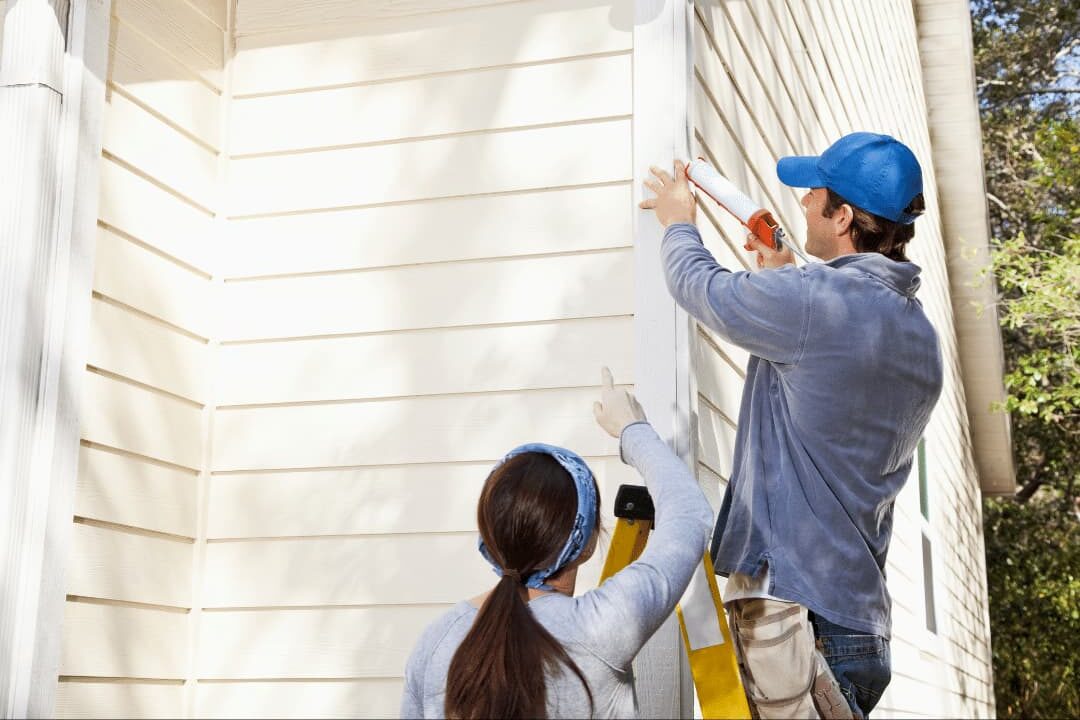As a landlord, preparing your rental properties for winter is crucial to ensure tenant comfort, safety, and to prevent potential damage. Here are some essential tips for landlords to consider:
- Winterize the Property: Ensure that the property is properly insulated and sealed to keep heat in and cold air out. Check windows, doors, and any other potential areas for drafts and seal them as needed.
- Heating System Maintenance: Schedule a professional inspection and servicing of the heating system before the onset of winter. This includes furnaces, boilers, radiators, and any other heating appliances. Make sure filters are clean and replace them regularly.
- Pipe Insulation: Insulate exposed pipes, especially those in unheated areas like basements, attics, and crawl spaces, to prevent freezing and potential bursting. Encourage tenants to leave faucets dripping during extremely cold nights.
- Snow Removal: Clearly outline in the lease agreement who is responsible for snow removal and ice management—whether it’s the landlord or the tenant. Ensure that pathways, driveways, and sidewalks are cleared promptly to prevent accidents.
- Emergency Contact Information: Provide tenants with emergency contact information in case of heating system failures, burst pipes, or other winter-related emergencies. Make sure they know how to shut off the water in case of a pipe burst.
- Gutter Maintenance: Clean gutters and downspouts to prevent ice dams from forming. Clogged gutters can lead to water backup, which can cause damage to the roof and interior of the property.
- Safety Measures: Install and test smoke detectors and carbon monoxide detectors in accordance with local regulations. Ensure that fire extinguishers are readily accessible and have been recently inspected.
- Communicate with Tenants: Keep lines of communication open with your tenants throughout the winter season. Encourage them to report any maintenance issues promptly, especially if they relate to heating, plumbing, or safety concerns.
- Prepare an Emergency Kit: Consider providing tenants with a basic emergency kit that includes items like flashlights, batteries, candles, matches, and non-perishable food items in case of power outages or severe weather conditions.
- Insurance Coverage: Review your insurance coverage to ensure that you are adequately protected against winter-related damages, such as burst pipes or roof collapses due to snow accumulation.
By proactively addressing these key areas, landlords can help minimize the risk of property damage, ensure tenant safety and comfort, and maintain positive relationships with their tenants throughout the winter months.






